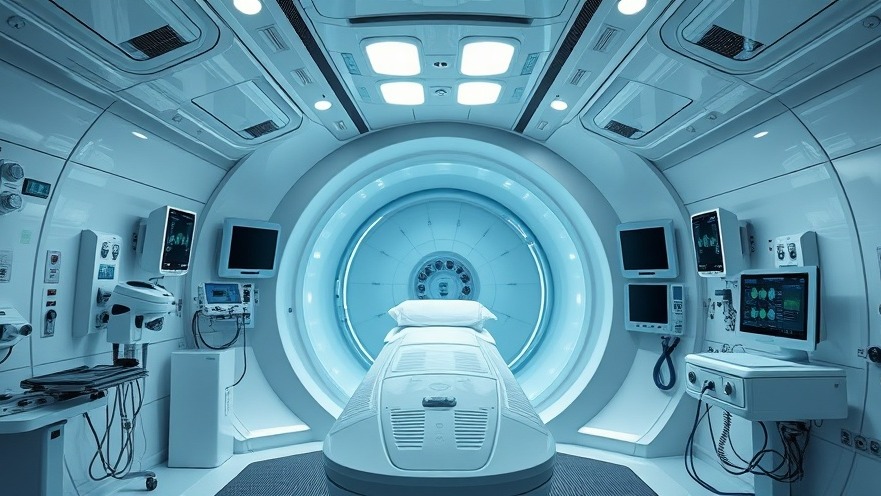
A Heartbreaking Loss: The Tragic Incident
In a devastating incident earlier this year, 5-year-old Thomas Cooper from Michigan lost his life in a hyperbaric chamber explosion. This heartbreaking tragedy, which took place on January 31 at the Oxford Center in Troy, Michigan, has brought significant attention to the urgent need for regulatory reforms in an industry that currently operates with minimal oversight. Thomas was undergoing treatment for ADHD and sleep apnea, conditions for which hyperbaric oxygen therapy (HBOT) is not FDA-approved. His untimely death raises critical questions about safety standards and regulatory measures within the field of alternative medicine.
The Regulatory Gap: What Went Wrong?
The Oxford Center has been accused of prioritizing profit over patient safety. Michigan Attorney General Dana Nessel has stressed that the facility did not follow essential safety protocols. The tragic explosion, reported to have been ignited by static electricity, killed Thomas within seconds and injured his mother, who bravely attempted to rescue him but suffered burns in the process. This catastrophic event has highlighted significant lapses in safety, including a lack of qualified personnel and failure to conduct routine maintenance checks on the hyperbaric chamber.
Thomas’s story is not isolated. As many as 42 medical facilities in Michigan provide hyperbaric oxygen therapy, yet only two boast the necessary Undersea & Hyperbaric Medical Society (UHMS) accreditation. The lack of mandatory oversight allows facilities to operate without adhering to established safety standards, exposing patients to potentially lethal risks. This incident reveals a critical need for regulatory reforms to protect patients seeking treatment, especially when traditional medicine seems inadequate.
Calls for Reform: Addressing Industry Concerns
The calls for regulation have intensified following Thomas’s death. Industry experts and advocates argue that the FDA needs to enforce stricter regulations to prevent unqualified facilities from offering unauthorized hyperbaric treatments. John Peters, the executive director of the Undersea & Hyperbaric Medical Society, has emphasized that the lack of oversight creates a dangerous environment for vulnerable individuals seeking alternative therapies.
Many argue that the system is flawed, allowing anyone to purchase a hyperbaric chamber online with no requirements for training or certification. The need for comprehensive regulations to ensure safety is now more urgent than ever. Advocates are pushing for laws that would mandate accredited facilities, certified medical personnel, and proper equipment maintenance.
Future Implications: Protecting Patients and Ensuring Safety
The tragic death of Thomas Cooper serves as a watershed moment for those in the healthcare and regulatory community. As calls for change grow, there is hope that Michigan lawmakers will take swift action to overhaul the current system. Suggested reforms include creating a registry of hyperbaric chamber facilities, implementing rigorous accreditation requirements, and ensuring the presence of licensed medical professionals during treatments.
Moreover, healthcare providers in concierge medicine have a pivotal role to play. By staying informed about safe practices and advocating for regulatory changes, they can help create a safer environment for patients seeking alternative therapies. Ensuring safety is not just a regulatory issue; it is a fundamental aspect of patient care, one that must not be overlooked.
Conclusion: A Call to Action
The healthcare community must rally together to push for enactment of laws aimed at safeguarding vulnerable patients in alternative therapy settings. The reliance on unregulated treatments can lead to catastrophic consequences, as seen in Thomas's case. This tragedy serves not only as a painful reminder but as an imperative to take action now. Health professionals, especially those in concierge practices, can lead the charge in advocating for better safety regulations. Taking proactive steps today can help ensure no other family has to experience this kind of heartbreak in the future. It's time to secure our patients' safety and well-being and to demand accountability in healthcare practices.
 Add Row
Add Row  Add
Add 






Write A Comment